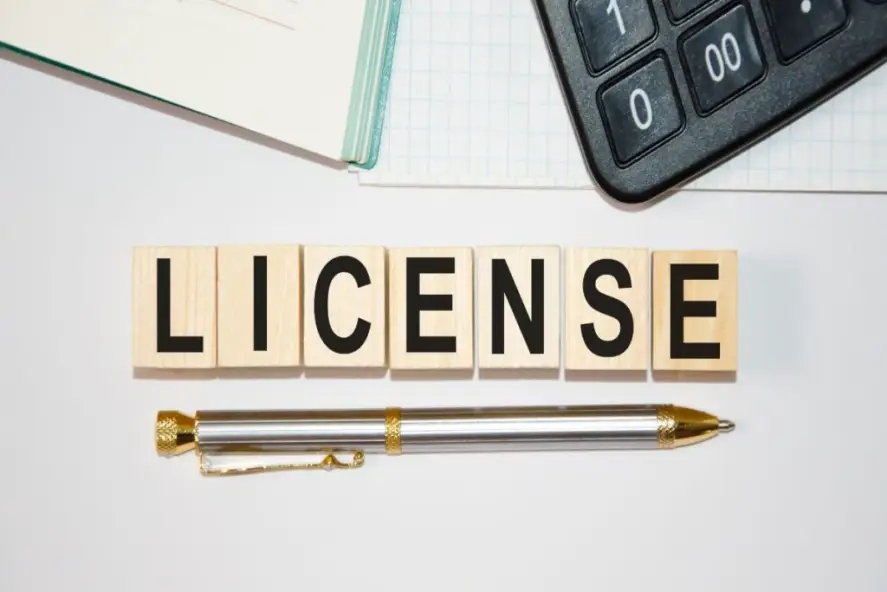You likely spent years studying, attending classes, and taking licensing exams for your professional license. Obtaining your license is a major achievement. However, even after you have obtained your professional license, you still must abide by the rules and laws relevant to your profession. Violating any of those rules or laws can result in disciplinary action against your license.
Any complaint, whether it alleges a critical violation or a minor misstep, can have significant adverse consequences for your license, career, and future. If you are facing accusations of violating the rules or laws of your profession, you need to contact an experienced license defense attorney to help guide you through any disciplinary proceedings. You can receive help from legal representation throughout every step of this process.
Nonetheless, there are steps that you can take to avoid complaints against your professional license. While you can never anticipate every complaint from a client or patient, you can take preventative measures to reduce the likelihood that you will find yourself in disciplinary proceedings before your professional licensing board or agency.
Listen to Your Clients, Patients, or Customers
Whether you are a physician seeing a new patient, an engineer handling a difficult client, or a real estate agent showing homes to a prospective buyer, simply taking the time to listen is key. Practicing active listening skills can avoid miscommunication, allow you to address the person’s true concerns, and help you understand their needs. In addition, active listening allows you to open a dialogue with your clients or patients to serve them better.
Address Concerns as They Arise
As a busy professional, the tendency can be for you to brush off what you see as minor or baseless concerns of patients or clients. However, your patient likely would not bring up the subject if they were not concerned about it. Therefore, you must squarely address the concern, explain why they should not be concerned about it, and take any measures necessary to alleviate it.
By addressing the concern head-on, you may be able to prevent it from becoming a bigger problem in the future. When unaddressed, a concern can grow into a bigger problem in a person’s mind. If things don’t go as planned, unaddressed concerns can turn into accusations against your professionalism and ability to do your job properly. Handling these concerns as soon as they arise may avoid misunderstandings and unpleasant surprises in the future.
Respond to People Right Away
Nothing may be more frustrating than having a concern or complaint and getting no response. For many people, getting an inadequate response is better than getting no response. To that end, you should always respond to inquiries and complaints as soon as possible. A good business practice is setting up a policy in your office to always respond to clients or patients within a certain number of business days and to make that policy known to the people you serve.
Even if you cannot immediately address a concern, you can make a quick phone call, leave a message, or send an email acknowledging the concern and promising to respond in greater detail as soon as possible. This practice allows you to gather more information, research the situation, or do whatever is necessary to address the situation properly while responding promptly.
Maintain Good Records
Many professions have strict rules about recordkeeping in terms of what records you must be able to produce and how to maintain them. You should be aware of these rules and always follow them. You also should ensure that your staff members know these requirements and follow them in their everyday duties. If you do become the subject of disciplinary proceedings, you thus will be able to produce the records that you need easily.
Furthermore, good records serve as a source of protection for you. For example, if a dissatisfied client claims that you did not inform her of a certain potential outcome of her case, written documentation that you discussed that outcome in a phone call on a particular date can serve as strong evidence in your favor. Likewise, if a patient complains that they never received test results, documentation that a staff member called the patient and sent the patient an electronic message is proof to the contrary.
Know the Rules
All professions are subject to rules and laws that govern them. You have an ethical duty to follow those rules, and you can be subject to fines and other sanctions if you do not follow them. Unfortunately, violating those rules and laws can also lead to losing your license, particularly in the case of repeated or serious violations.
Furthermore, these rules and laws change over time. Make it a point to periodically engage in continuing education on rules updates and changes to make you aware of new developments. Continuing education courses, which are also mandatory in most professions, can be a good way to refresh your memory about the rules and laws governing your profession.
We Are Here to Defend Your Professional License
Facing disciplinary proceedings before a professional licensing board is likely to be stressful and challenging as you work to safeguard and maintain your career. Losing your professional license can leave you unemployed, unable to use your degree, and in financial trouble. We may be able to help resolve your disciplinary issues with your licensing board through negotiations and legal representation. Get help from an experienced license defense attorney today. Contact Bertolino LLP at (512) 515-9518 or visit us online.
Call or text (512) 476-5757 or complete a Case Evaluation form


